At times, when reading a text from Scripture, you may stop short and ask yourself: ‘Is this really possible?’
The 2nd reading of this Sunday (Ph.4:6-9) could provoke such a reaction.
Writing to the Philippians, the apostle Paul tells them:

“Do not be anxious about anything.”
The question cannot fail to come to our minds: ‘Is this really possible?’
God knows how many things make us worry and how many situations bring anxiety to us.
Problems and difficulties are sometimes too many, too heavy, and we experience insecurity and fear.
We feel that what we have to face is just too much for us.
Paul tells the first Christians what they should do to overcome their anxiety:
“In every situation, by prayer and petition, with thanksgiving, present your requests to God.”
THE problem might be that… we try to manage on our own… while God’s help is there at hand.
God’s strength, God’s comfort, God’s assistance, GOD is there… waiting that we turn to him –
turn to him with our requests for all that we are in need of.
The result of such relying on him can be astonishing.
Paul assures us:
“The peace of God, which transcends all understanding,
will guard your hearts and your minds in Christ Jesus.”
It is worth trying…
Note: Another reflection on a different theme in French can be found at: https://image-i-nations.com/27e-dimanche-de-lannee-a-2020/
 But that night on the lake when they were struggling against the storm, the mighty wind, and the waves threatening to sink their boat…
But that night on the lake when they were struggling against the storm, the mighty wind, and the waves threatening to sink their boat…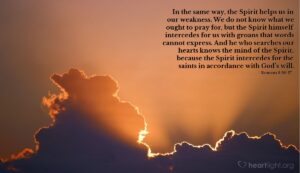
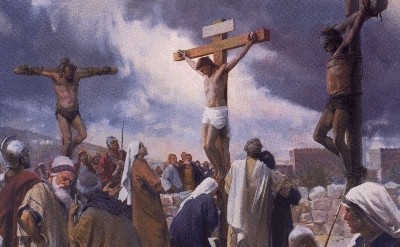
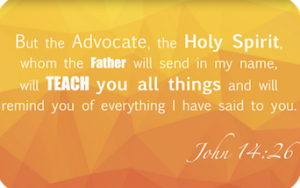
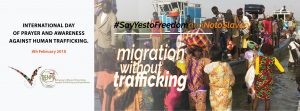
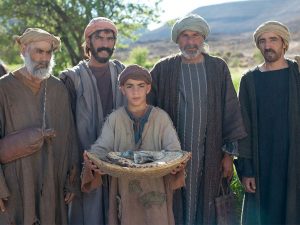

 ‘Turn on the light,’ – it is an expression that we hear very often. All the more so in this mid-January period when the clouds seem to be ever present and darkness more obvious in the mornings and evenings. The solution is close at hand: we switch on the electric lamps which bring the desired illumination.
‘Turn on the light,’ – it is an expression that we hear very often. All the more so in this mid-January period when the clouds seem to be ever present and darkness more obvious in the mornings and evenings. The solution is close at hand: we switch on the electric lamps which bring the desired illumination.